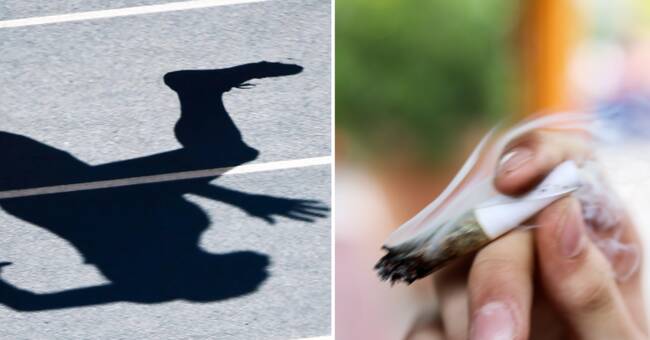Many elite athletes have been caught using doping-classified drugs both during and after their careers
Athlete Sha'Carri Richardson is the latest in a row since she tested positive for cannabis in connection with winning the US Olympic competitions in the 100 meters on 19 June.
Åke Andrén-Sandberg is a doctor and chairman of Anti-Doping Sweden, Sweden's independent anti-doping organization.
"An addiction problem"
He says that at the turn of the year, the International Anti-Doping Organization Wada re-evaluated its view on doping-classified drugs such as cannabis, cocaine and heroin in comparison with, for example, anabolic steroids.
-Now they have chosen to instead see this as an addiction problem.
Instead of being punished so severely, one should instead try to help these individuals get out of their addiction, Andrén-Sandberg tells TT and continues:
"Is doping"
- It feels right in itself, at the same time as you must not take it as if the sports movement or the anti-doping movement looks at this loosely.
We still want the rules to be maintained and you must not have it (forbidden substances) in urine or blood when you compete.
But you look more at the background now than you did before.
TT: Are you still talking about doping, or are there more drugs in this case?
- It goes under the doping rules.
There is no definition of doping, but what is doping is what is on Wada's black list.
The list includes cocaine and cannabis
- Thus, it is doping.
But since it is not performance-enhancing, it is more reasonable to see it as an addiction that athletes should not engage in.

